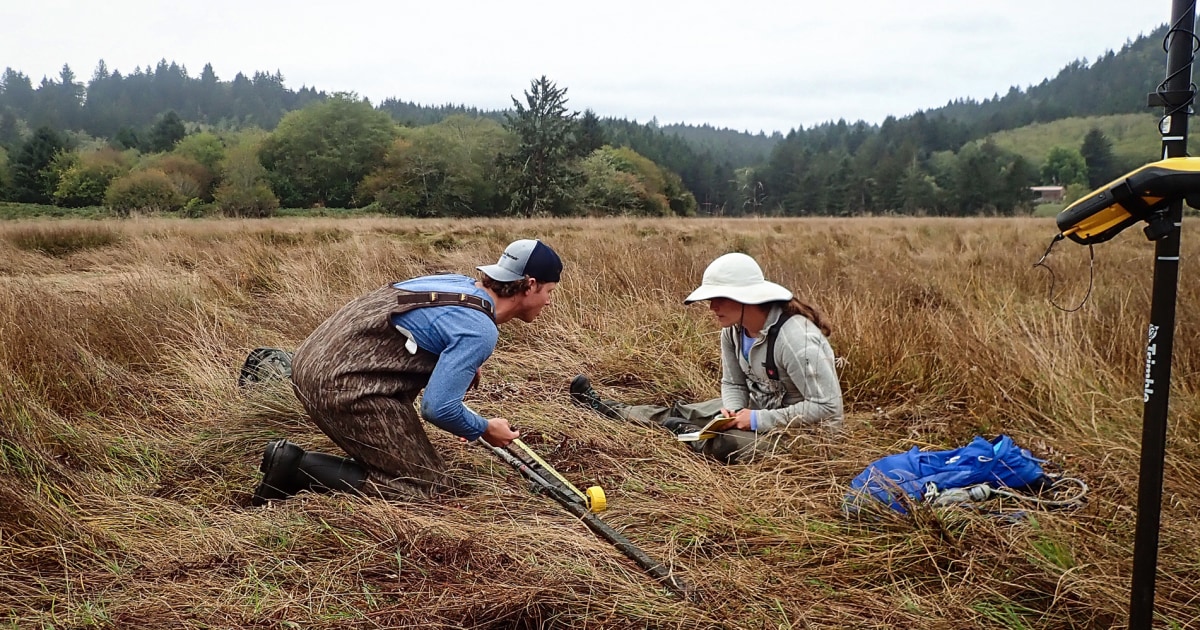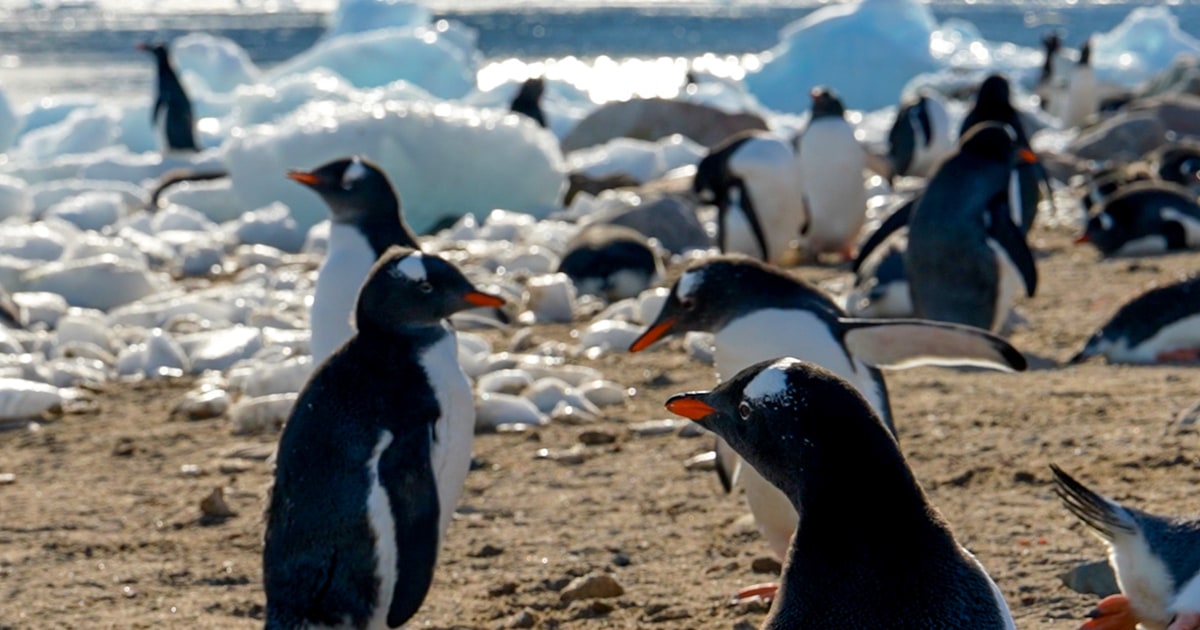SpaceX has once again pushed back the launch of its Polaris Dawn mission, which is expected to carry four private citizens to space, this time because of an unfavorable weather forecast.
The company attributed the delay to poor conditions off the coast of Florida, but it did not specify whether the primary concern was weather that could affect the spacecraft's splashdown in the event of an emergency or if the risk pertained to the crew's return at the end of the five-day journey.
Billionaire entrepreneur Jared Isaacman, retired Air Force Lt. Col. Scott “Kidd” Poteet, and SpaceX engineers Sarah Gillis and Anna Menon were scheduled to launch early Wednesday on the mission, which is expected to feature the first spacewalk carried out by an all-civilian crew.
Isaacman said in a post on X that the Polaris Dawn mission is “heavily constrained” by projected splashdown conditions because the capsule is not docking at the International Space Station, where the astronauts could potentially wait out bad weather.
“With no ISS rendezvous and limited life support consumables, we must be absolutely sure of reentry weather before launching,” he wrote.
A backup launch window Thursday was available, but SpaceX said it would stand down from both launch attempts because of the weather forecast. The company has not yet announced a new targeted launch date.
“Teams will continue to monitor weather for favorable launch and return conditions,” the company posted on X.
A previous launch attempt early Tuesday was scrubbed after a helium leak was detected at the launch pad.
In addition to attempting the first all-civilian spacewalk, the Polaris Dawn mission is set to fly to the highest orbital altitude that humans have reached since the last Apollo moon mission in 1972. The flight is also meant to test new spacesuits and other technologies for future long-duration missions, research that could serve SpaceX's long-term goal to launch missions to the moon and eventually Mars.

 9 months ago
9 months ago
 (200 x 200 px).png)








 English (US) ·
English (US) ·